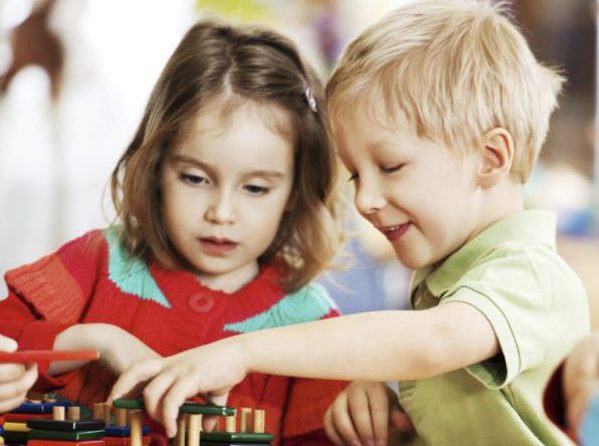
Is Your Child a Good Friend?
Kids need friends. In fact, this is so important that parents should make it a priority to make sure their child is a good friend. Pay close attention by watching your child play with others and by asking their teacher about their behavior in this area.
Friendship can have a major impact on your child’s well-being since they heighten their happiness, reduce stress and perk up their self-worth. In our everyday life, we need a friend to lean on, to grieve with us, to listen to us, and to help us feel connected. Children with good social skills generally have more opportunities in life than children who don’t.
Here are 5 steps to help your child succeed with friendships:
- As you watch your child with others, ask yourself, “How might my child’s behavior discourage kids from being his friend?” Be honest with yourself as you evaluate whether your child:
- has poor manners
- is divisive with other children
- frequently tattles on others
- is boring, with a limited number of interests
- is a poor sport
- refuses to follow the rules when playing a game
- always has to have her way
- teases, insults or ridicules other kids
- is so shy she withdraws from social situations
- is deliberately mean
- is overly silly
- is arrogant or bossy
- takes toys without permission
- is unapologetic
- always has to be first
- flits from one activity to another, never finishing anything
- Make your child aware of what a good friend is like. Ask questions like, “How would a good friend behave?” Or “Who do you know that is a good friend? What makes them a good friend?”
- Make a list with your child of what are some things kids do that make them not a good friend. Share the above list with them if appropriate.
- Invite your child to pick a characteristic from the list of good traits that they would like to practice this week. Role playing with your child can dramatically increase the rate of your child’s success in mastering these traits. Some children do better with using dolls or stuffed animals than talking about themselves.
- Reinforce positive friendship skills with words like, “I noticed you let Jenny go first, I’ll bet that took some patience on your part?” Or “I noticed Jenny’s big smile when you let her go first. It feels good to make your friends smile, doesn’t it.”
Parenting Practice: This week, help your child choose a trait to practice being a good friend.
Kathryn Kvols, Director of International Network for Children and Families and writer of Redirecting Children’s Behavior
https://www.incaf.com/
Please forward this article to anyone who might be interested in my life
changing services or share the article on your social media accounts.
If you or anyone you know is interested in family empowerment,
peaceful conflict resolution, positive discipline methods, reduction
of stress and anxiety, couples counseling (in-home, via phone or zoom),
Call NOW for a FREE 20 Minutes Consultation
THANKS FOR ALL YOU DO TO MAKE THE WORLD A BETTER PLACE!
Hilde Gross
Family Coach/Professional Speaker
Stress & Anxiety Relief Expert
Tel. 619-379-7646
Hilde@HildeLCS.com
Leave a reply

Leave a reply